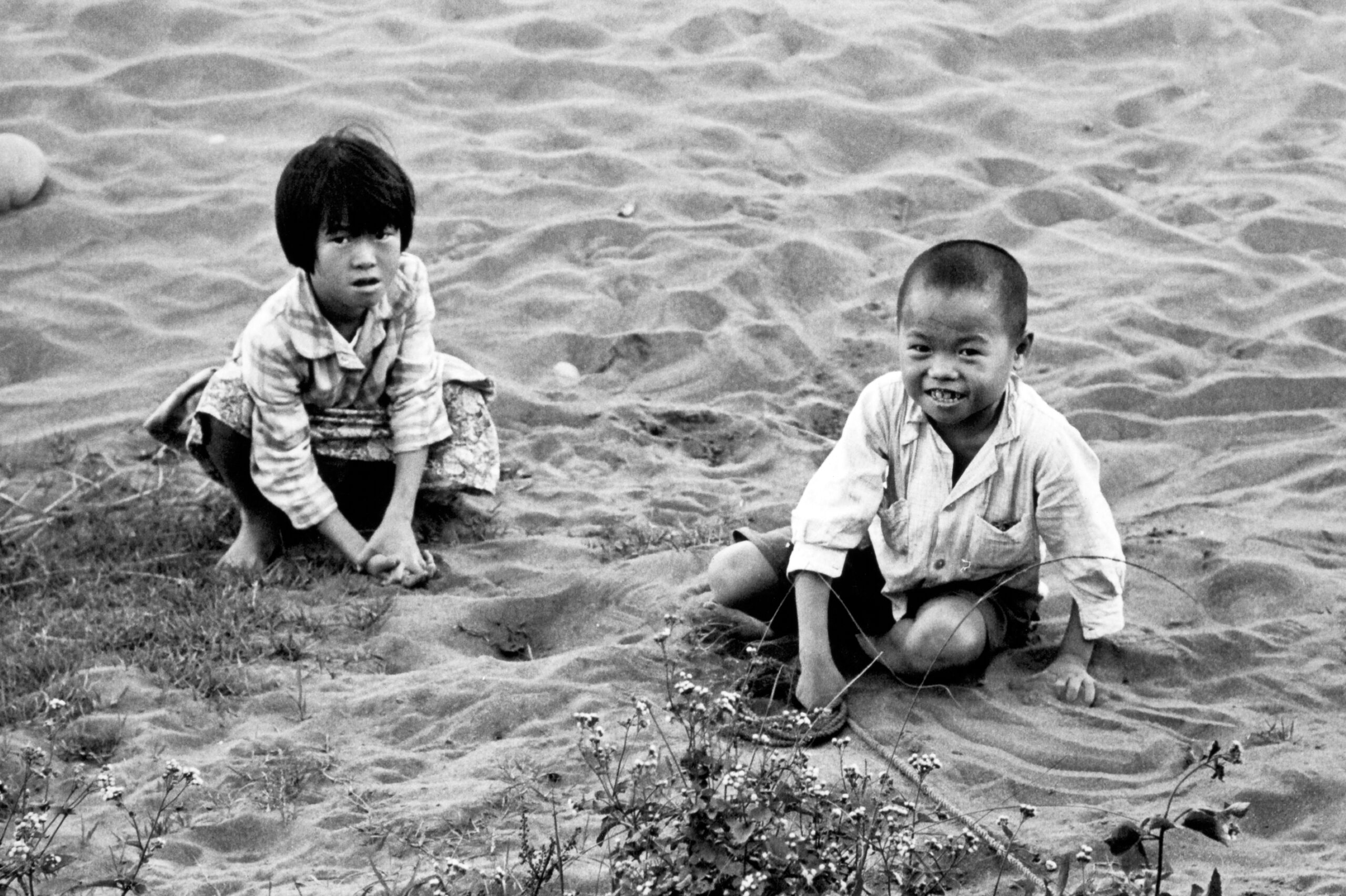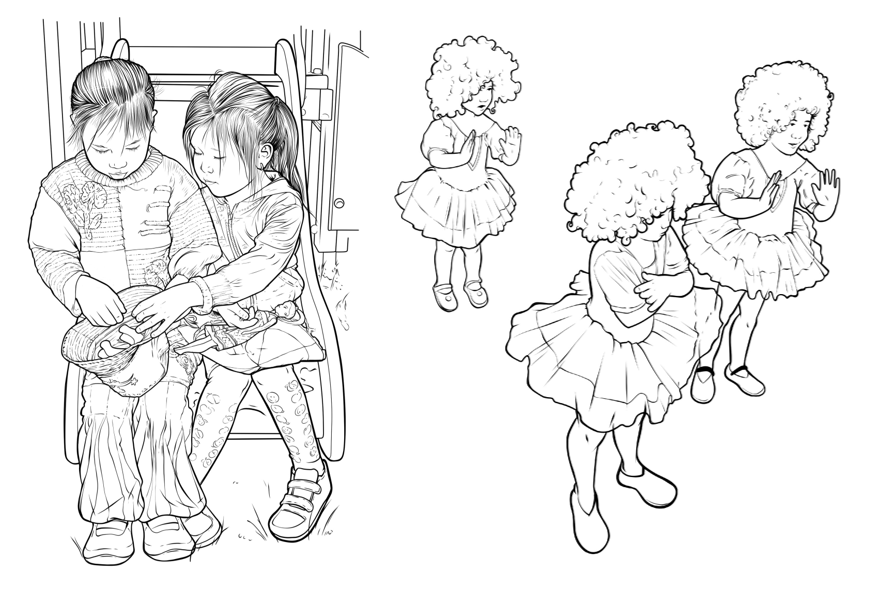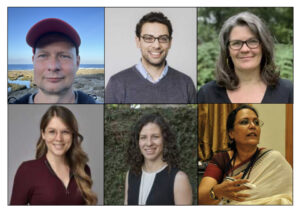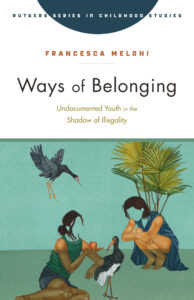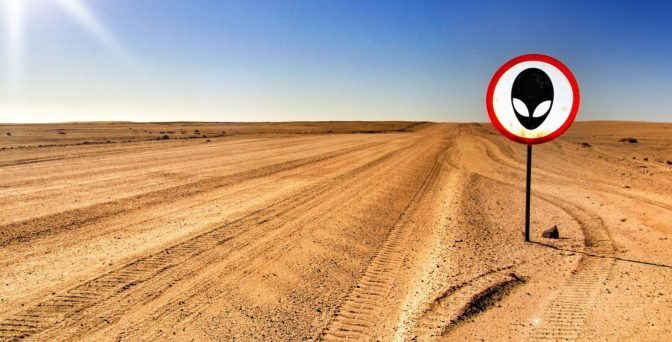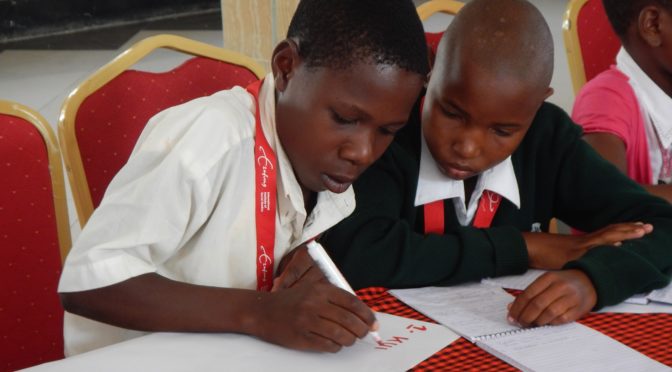by Seran Demiral (Boğaziçi University, Primary Education & at Kadir Has University, City and Children Studies)
In our contemporary world, certainty has left its place to flexibility, adaptability and willingness to change (Lee 2005:19). A new sociology of childhood addresses children’s agency to debate child ‘beings’ as both individuals for their own lives and social actors to affect the world. At that point, agency matter is discussed through other concepts, like subjectivity and/or competency. Bollig and Kelle (2016:37) claim that “the acting subject or the competent actor is replaced with a concept of participation in practices.” It is obvious that not only globalization but also digital technologies have changed our culture so that “from a global perspective childhood culture is becoming more homogenized” (Prout 2005:29). Besides, politics and childhood movements all over the world have become similar, especially during this decade.

Atlas Sarrafoğlu, Greta Thunberg, Selin Gören respectively[1]
Children can be aware of what happens in other places of the world and how their peers live. As it is known that Greta Thunberg has become an enormous inspiration for many children and young people from different countries, for instance, Atlas Sarrafoğlu gave a start for children’s climate activism in Turkey. Atlas was also honoured by the 2020 WWF International President’s Youth Award (BIA 2020), which is an indicator that childhood movements can be seen by institutions and authorities. After several months of children’s first universal school strike, Atlas and another young activist from Turkey, Selin Gören, attended the “Smile for Future summit” in Lausanne, Switzerland. Their meeting might have affected Greta’s sensitivity about ecologic resistance in Canakkale, so that she said, “Ida Mountains belong to us all” in Turkish (BIA 2019).

Trafalgar Square, London. Extinction Rebellion cover it with children’s shoes in protest against climate change – Copyright Anthony Jarman[2]
In this age of uncertainty due to unexpected viruses to ecological issues, it is only possible to struggle against emerging crisis via extraordinary perspectives by new generations. Today’s children as “naturally adept users of technology” (Prout 2005, 119) are more competent to use ICT effectively to access and re-create knowledge. Despite arising inequalities between children with different experiences upon their socioeconomic background or the country they come from, they have power to be aware of all matters in the world by means of spending time online, and there is a potential for them to unite via online platforms. For example, there is an association for children: XR Kids, who are related to a universal activist group, Extinction Rebellion (XR) whose latest statement is “COVID today Climate tomorrow Act now” (Campbell 2020).
Furthermore, Atlas might have learned about the XR movement from Omer Madra, who has also been a part of this global movement. In a climate conference in Istanbul, Turkey, he was one of the speakers. There was also a section for children (The Green Thought Association 2019). It is quite important to influence children to start an action for the world they will survive. During the lockdown process and the beginning of online education, children’s digital activism and possibilities to develop new strategies for a childhood movement have also been argued through various writing and commentaries; for instance, I discussed children’s potentials to create organizations at the micro-level (Demiral 2020:65) by referring to Janusz Korczak’s heritage on children’s rights and participation.
Elsie Luna, the founder of XR Kids, said “I dream of a world free of racism, adultism, ageism, sexism, disablism, and classism” in her interview with Sarrafoğlu (2020). Besides, Elsie states that homeschooling gives her “more time to study activism-related things. In a way, it’s like striking every day!” which shows us children’s perspectives as flexible, willing to change the circumstances through digital activism. Therefore, the effects of coronavirus and online education/learning as mandatory may cause new opportunities for children and young people to develop. The disadvantages of homeschooling used to be seen as the insufficient socialization, whereas, it is quite possible to socialize and gathering through digital spaces in our contemporary world, which has already become a usual habit for youngers.

“Declaration of XR Kids[3]”
As an inspiring example, a small-sized collective community, ‘Extinction Rebellion Kids’ is able to benefit from the aspects of the digital world. The manifesto by XR Kids (2020) demands change to handle the challenges their generation has faced and not to be underestimated because of their age, indicating, “We 8-12 year-olds are more than capable of creating mass systematic change.” In conclusion, children have awareness and feel competent to change the world. Therefore, we as researchers in childhood studies should remember to take children seriously and recognize children as political subjects.
References
Bollig, Sabine, and Helga Kelle
2016 Children as participants in practices: the challenges which practice theories pose to an actor-centred sociology of childhood.” In Routledge research in education: Vol. 161. Reconceptualising Agency and Childhood: New Perspectives in Childhood Studies, edited by Florian Esser, Meike S. Baader, Tanja Betzand Beatrice Hungerland, 34-47. London and New York: Routledge.
Demiral, Seran
2020 “Visible, more than Ever: Unequal Childhoods in Istanbul during COVID-19.” In WHAT WOULD KORCZAK DO? Reflections on Education, Well-being and Children’s Rights in the Times of the COVID-19 Pandemic, edited by Anna Odrowąż-Coates, 58-69. Warsaw: The Maria Grzegorzewska University.
Lee, Nick
2005 Childhood and Society: Growing up in an age of uncertainty. 3rd Edition. Maidenhead, Berkshire: Open University.
Prout, Alan
2005 The Future of Childhood: Towards the Interdisciplinary Study of Children. London and New York: Routledge Falmer.
Internet Sources
BIA News Desk
2019 “Message from Greta Thunberg: Ida Mountains Belong to us All.” Accessed August 21, 2020. http://bianet.org/english/environment/211516-message-from-greta-thunberg-ida-mountains-belong-to-us-all
BIA News Desk
2020 “Climate Activist Atlas Sarrafoğlu Wins WWF International Youth Award.” Accessed August 21, 2020 http://bianet.org/english/youth/224581-climate-activist-atlas-sarrafoglu-wins-wwf-international-youth-award
Campbell, Maeve
2020 “Thousands of Kids’ Shoes Appear in London Square as a Form of Protest.” Accessed August 21, 2020 https://www.euronews.com/living/2020/05/19/thousands-of-kids-shoes-appear-in-london-square-as-a-form-of-protest
Sarrafoğlu, Atlas
2020 “Elsie Luna: Ecological breakdown has already started [Climate Generation Talks-4]” Accessed August 21, 2020 https://yesilgazete.org/blog/2020/02/26/elsie-luna-ecological-breakdown-has-already-started-people-are-already-dying-climate-generation-talks-4/
The Green Thought Association [Yeşil Düşünce Derneği]
2019 “Climate Conference” http://yesildusunce.org/en/climate-conference/
XR Kids Instagram page: extinctionrebellionkids
2019 “Declaration of XR Kids” Accessed August 21, 2020 https://www.instagram.com/p/B3Ua_j7HIWb/
[1] The source: https://twitter.com/AtlasSarrafoglu/status/1159157981252075521?s=20 (from Atlas’s public account on Twitter)
[2] The source of the photograph: https://www.euronews.com/living/2020/05/19/thousands-of-kids-shoes-appear-in-london-square-as-a-form-of-protest
[3] The source: https://www.instagram.com/p/B3Ua_j7HIWb/ from the public account of XR Kids on Instagram.
For more information or discussion:
https://www.instagram.com/serandem/
https://www.facebook.com/serandem
https://twitter.com/serandemiral
https://mimarsinan.academia.edu/SeranDemiral


